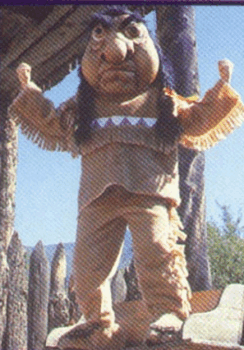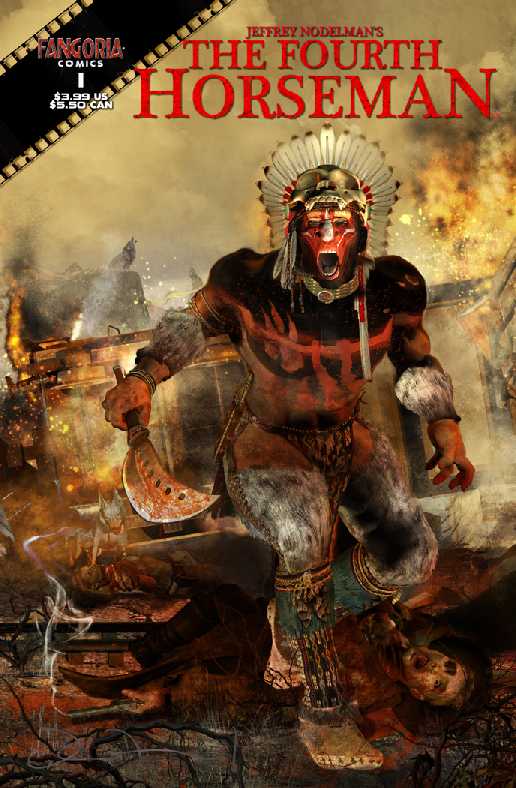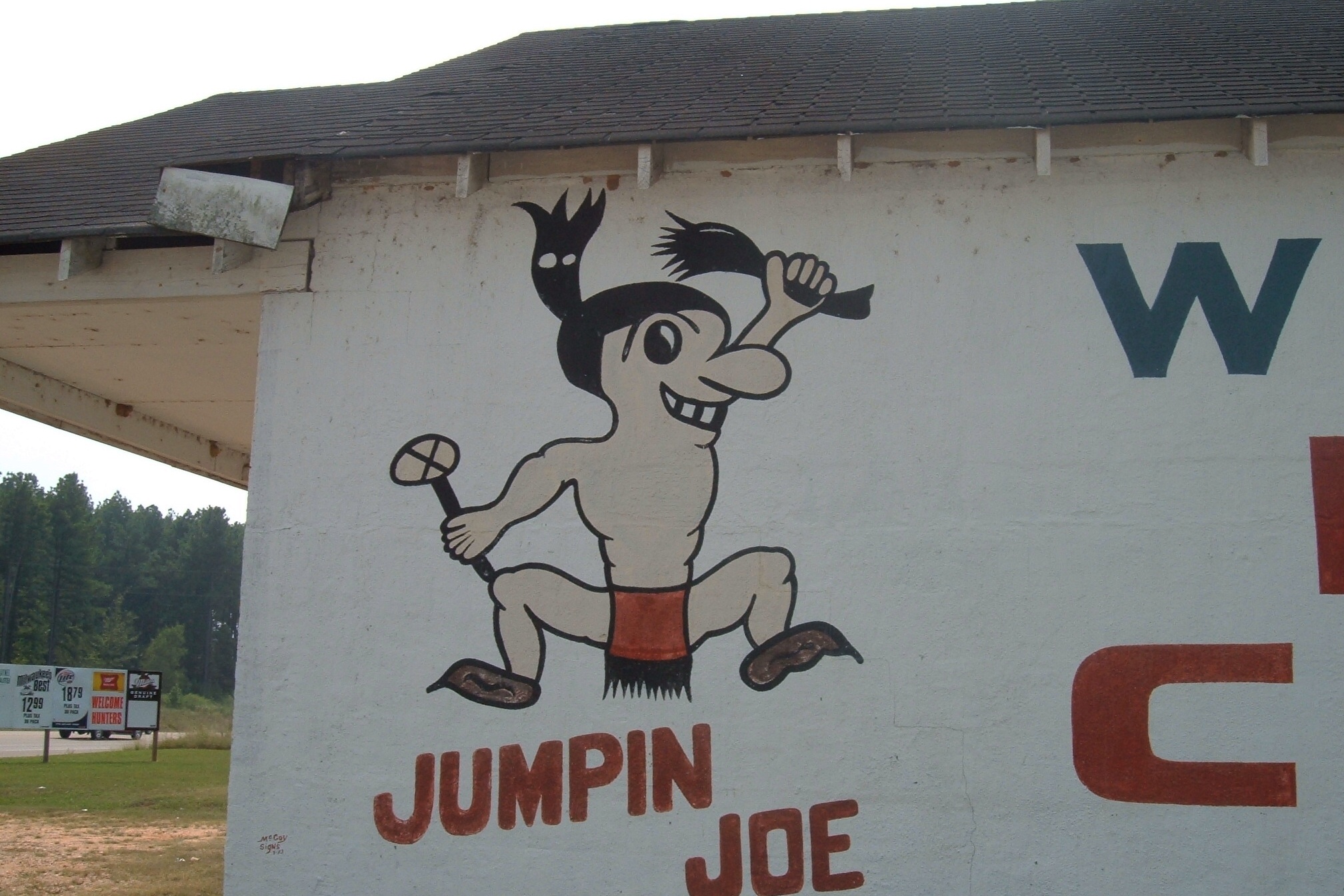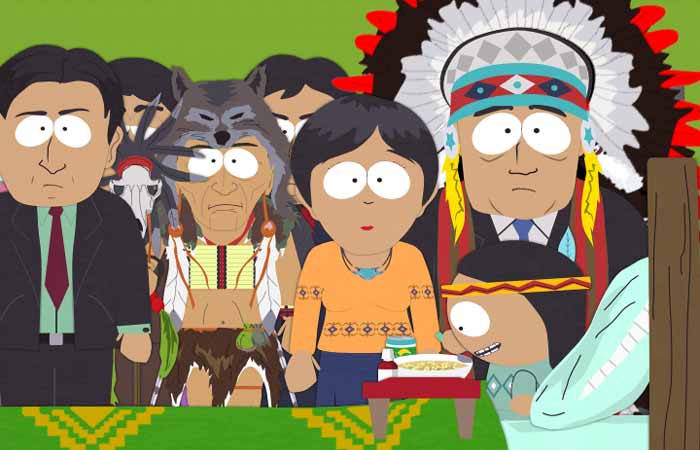Is Racism Worse in the Age of Obama?
There are plenty of downsides to racism, but the biggest is perhaps the fear and paranoia it instills in those who have experienced it or seen it up close and personal.
By Keli Goff
I had never really considered this question until a panel discussion for the new book Who's Afraid of Post-Blackness? by cultural critic Toure. Among dozens of questions he asked over 100 influential black Americans one was, "What's the most racist thing that's ever happened to you?" Though some shared incidents of breathtaking, blatant racism and of course the N-word made an appearance or two, the most popular answer was what Toure dubbed "the unknowable"; a moment they cited that may have negatively impacted their lives in an incredibly significant way, such as a lost job opportunity, or home loan, that they suspect was tied to their race yet ultimately they will never know for sure and never be able to prove it, so there's nothing to be done about it. But it haunts them, in a way that being called the N-word by some jerk out in the open, no longer does.
In the age of Obama in which even David Duke has enough sense not to use the N-word in public, "the unknowable" has become the most common form of discrimination, unknowable, and thus un-provable. It's therefore become a bit like a form of slow burning psychological torture for those who believe they've endured it. After all, it's one thing to struggle to find a job in a horrendous economy--something people of all races are grappling with. But it's another to know that studies have confirmed that even today just by virtue of being black you are less likely to get a job opportunity than a white male with a prison record, even when you don't have one.
But part of the torture is knowing that because we finally have a black president, accusations of racism are looked upon with more suspicion, eye rolling and dismissal than ever, which only further perpetuates the fear and paranoia. In other words, unless someone actually calls you the N-word, no one wants to hear you whine about racism. By the same token most people--even racists--are too sensible to use the N-word, which leaves those who face any form of subtle racism caught between a rock and a boulder. So victims of subtle racism may begin to feel a bit like the Ingrid Bergman character in Gaslight. For those who consider that reference too obscure, here's another. According to recent reports spies for the Russian government have begun aggressively targeting U.S. and British diplomats and journalists with small-scale psychological torture in an effort to drive them insane and ultimately, from the country. The torture in question? Breaking into their homes and moving pictures and other small personal items around. Though there is rarely any real threat of physical danger, the threat of the unknown and the impossible to control, combined with the inability to prove they are being targeted has begun to have the intended effect: driving some from their posts. In previous regimes some targets were even driven to suicide.
And this is just the tip of the iceberg. I see only the words and images "big" enough to make it into the mainstream media. I wouldn't be surprised if most Indians are confronted with a negative stereotype every day of their lives.
Just think of this. Suppose Indians have seen or heard that they're "savages" 10,000, 15,000, or 20,000 times in a lifetime. They've received not only the direct message ("You're not a real American") but the unknowable message in the non-Indian's mind. "What does this person think of me?" Indians have to ask. "Does he hate or fear me? What do I have to do to win his approval?"
This certainly does sound like psychological torture. If you've had a parent, teacher, or boss question you every day, you know how stressful it can be. A few years of that can screw up your life permanently.
The constant onslaught of stereotypes is the same thing. You began to wonder and dread what every person is thinking about you. You feel like the masses are judging you and (in your imagination) finding you wanting.
How often do you have to hear you can't do something before you give up on it? Ten times? A hundred? A thousand? Indians have heard a million times that they're nothing but chiefs, warriors, princesses, squaws, and savages--i.e., primitive people of the past.
Even when they don't hear it, they know people are thinking it. I can see how this would lead them to drop out of school, drink, lash out, or become depressed. Psychologically speaking, it must be incredibly debilitating. It's fair to compare it to psychological abuse bad enough to cause post-traumatic stress disorder.
For more on the subject, see Understanding Implicit Bias, Poverty Makes People Sick, and Intergenerational Trauma = PTSD.
Below: "This is you, Indians. Repeat 10,000 times until you get the message."






1 comment:
There's also the fact that the media have been pretending Indians aren't victims of racism for going on 40 years now.
Post a Comment